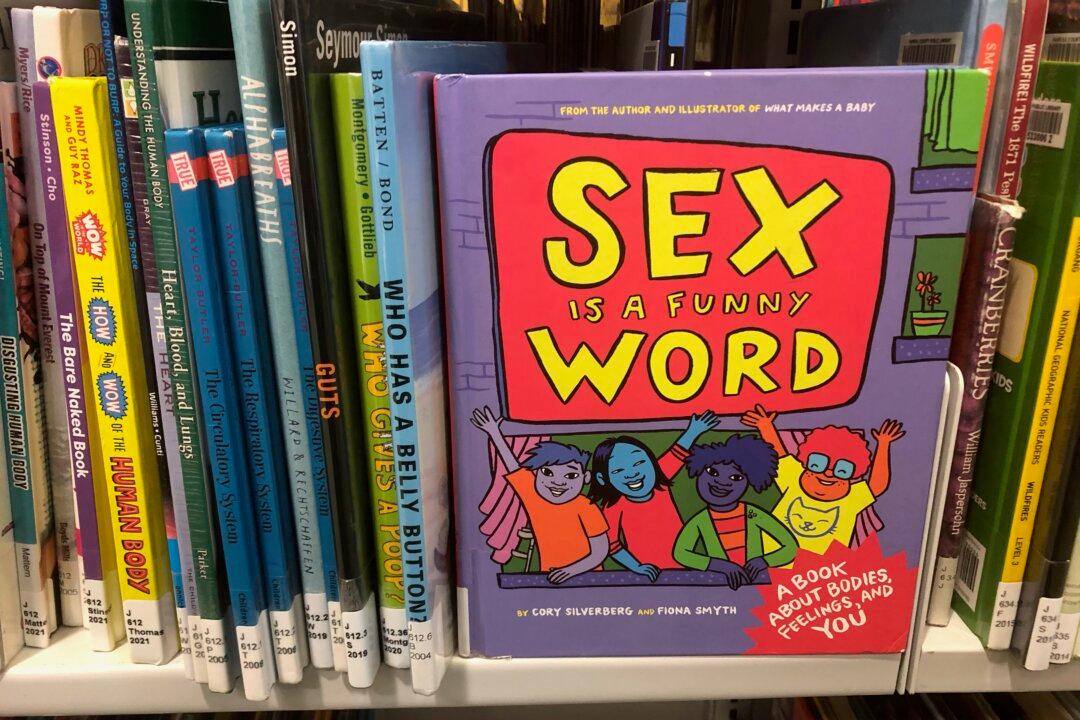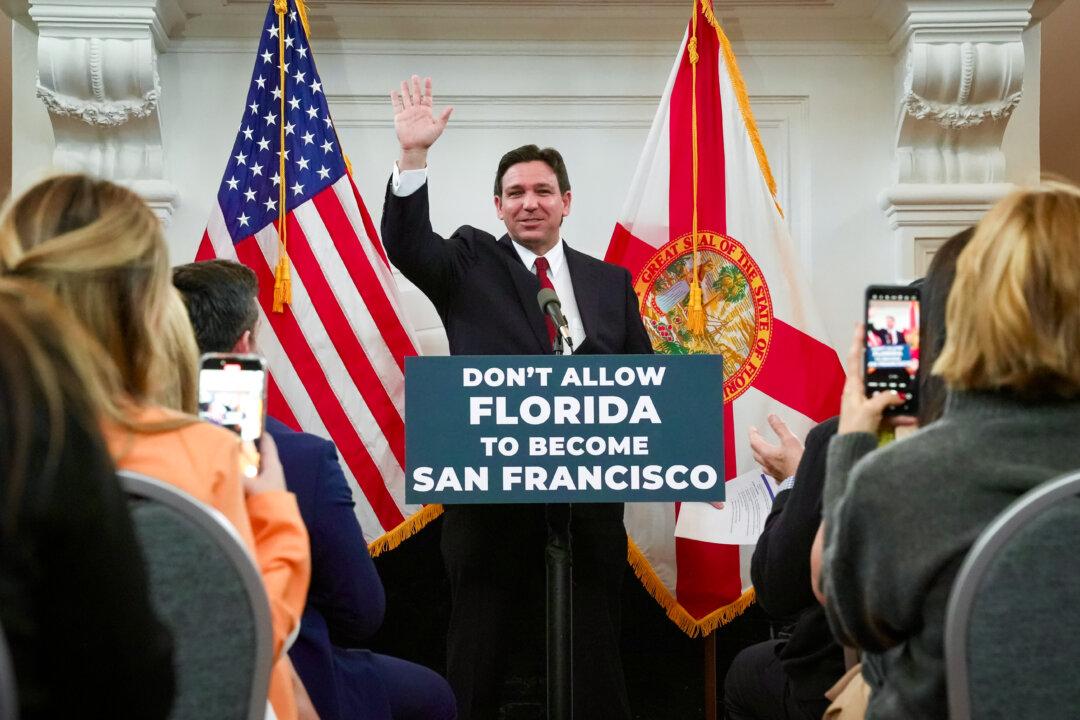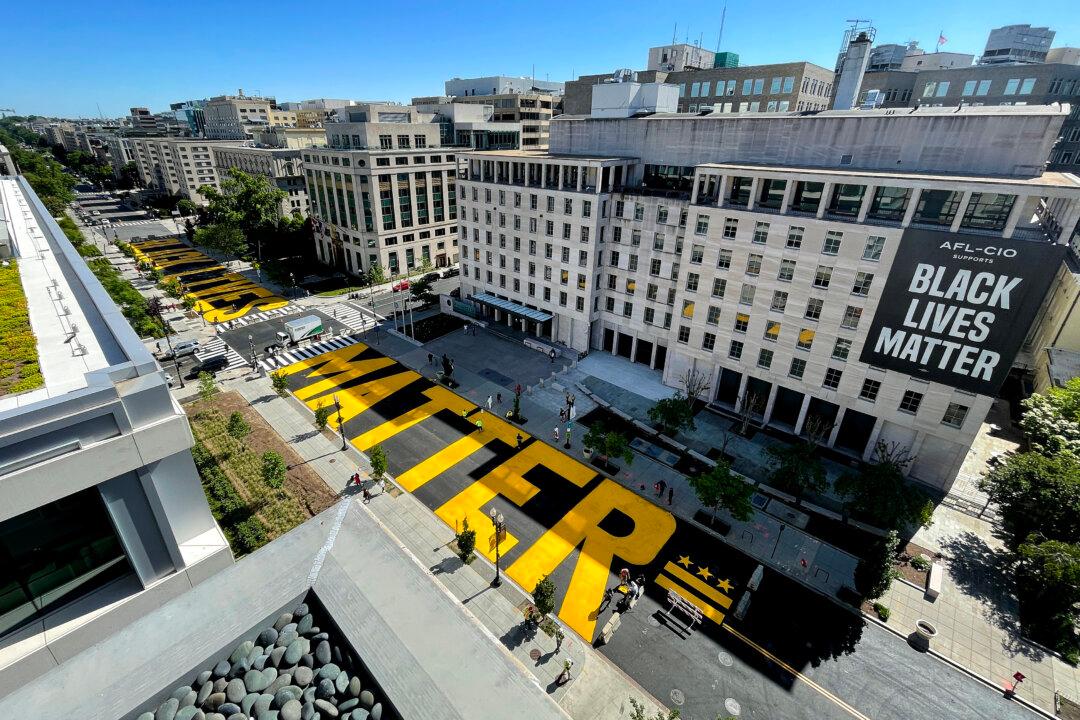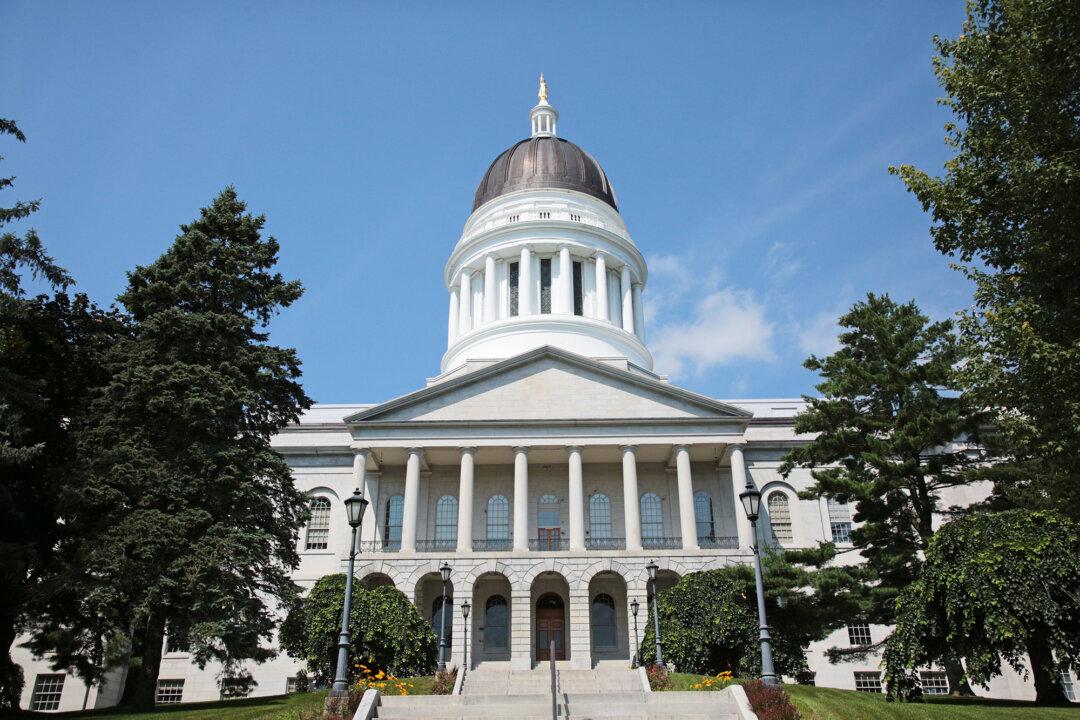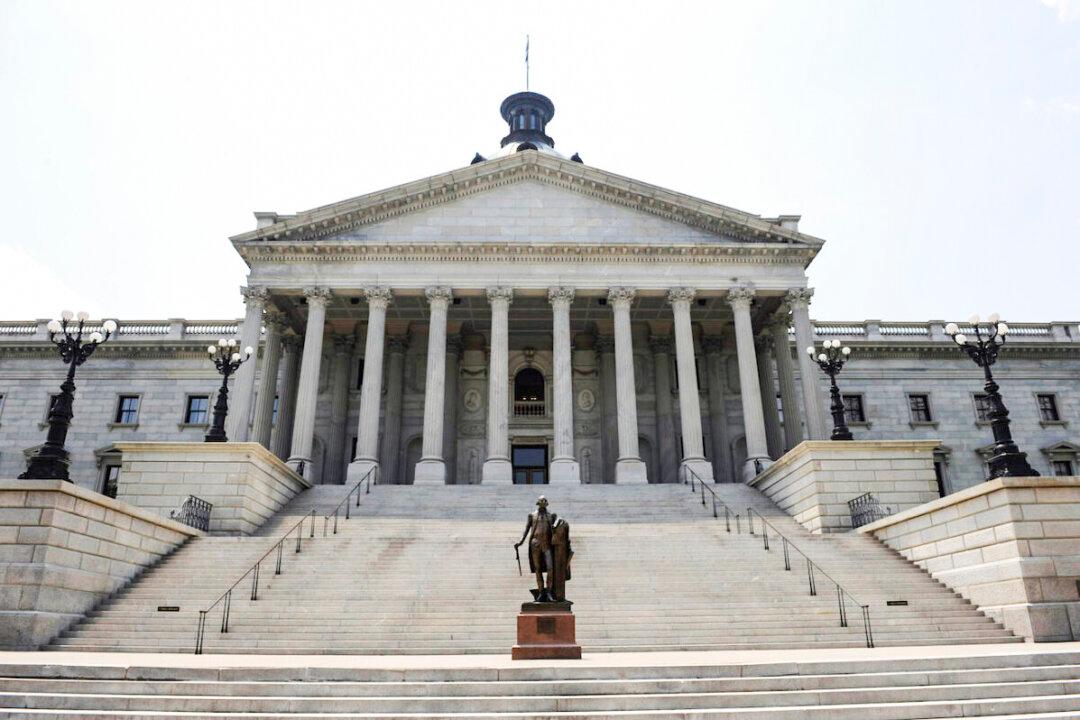Books that contain explicit sexual material should prevail over parents’ efforts to remove them from school libraries, according to a website that fights against what it calls “censorship” of books.
BookRiot, which describes itself as “the largest independent editorial book site in North America,” offers a “How to Fight Book Bans and Challenges: An Anti-Censorship Tool Kit.” The guide advises how libraries can fight parents’ attempts to remove certain books from their shelves.
